Introduction
Residual Fuel Oil (RFO), often referred to as heavy fuel oil, is a byproduct of the crude oil refining process. It is one of the densest and most viscous forms of fuel oil, primarily used in industrial applications such as power generation, marine propulsion, and large-scale heating systems. Due to its high viscosity and complex composition, accurately measuring the flow of RFO presents unique challenges. Among the various flow measurement technologies available, target flow meters have proven to be highly effective in dealing with the specific demands of measuring RFO.
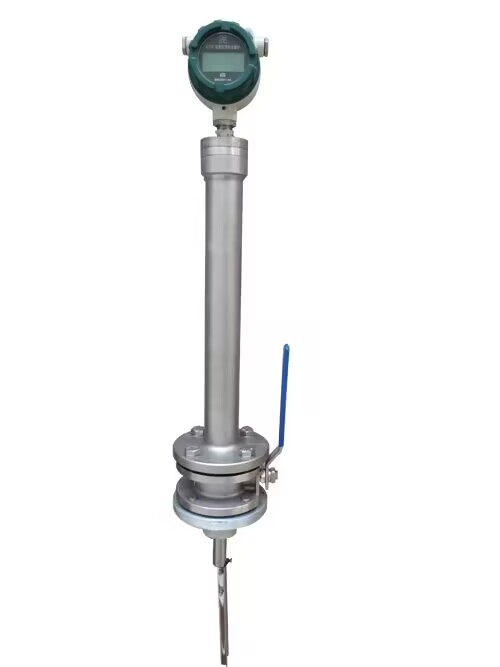
The Nature of Residual Fuel Oil (RFO)
RFO is a heavy, viscous fuel that requires heating before it can be transported through pipelines or used in combustion systems. It is typically used in industries that require a reliable and cost-effective source of energy. The fuel is often a blend of several different types of heavy oils and can contain impurities such as sulfur, water, and heavy metals. These characteristics make it difficult to measure using conventional flow meters, which can struggle with the high viscosity, varying density, and potential for fouling.
The complexity of RFO means that accurate measurement is critical for efficient operation. Inaccurate flow measurements can lead to inefficient combustion, increased emissions, and higher operational costs. Therefore, choosing the right flow meter is essential for industries relying on RFO.
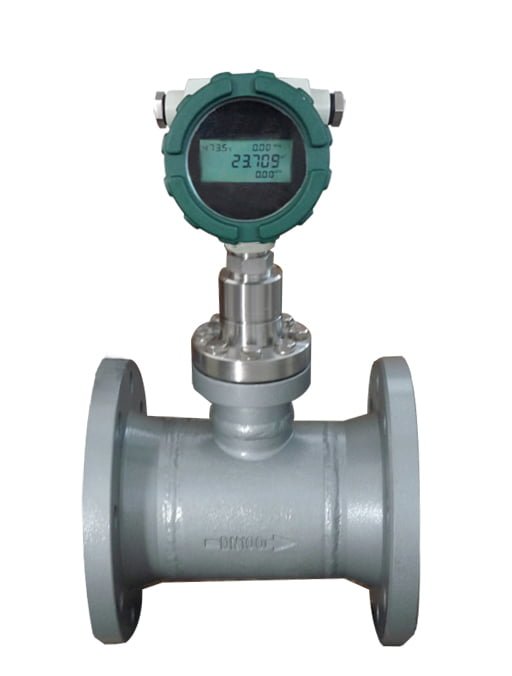
Target Flow Meters: An Overview
Target flow meters are a type of differential pressure flow meter where a target (a disc or other shaped obstruction) is placed in the flow stream. As the fluid passes over the target, it generates a force proportional to the flow rate. This force is then measured by a sensor, and the flow rate is calculated based on the known relationship between the force on the target and the flow velocity.
Target flow meters are particularly well-suited for measuring the flow of viscous fluids like RFO. Their simple design, with minimal moving parts, makes them robust and reliable even in harsh conditions. The meters can handle a wide range of fluid viscosities and densities, which is crucial for accurately measuring RFO.
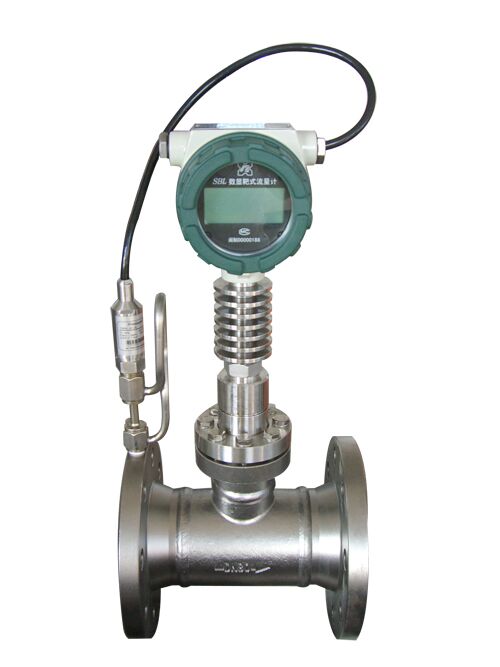
Advantages of Using Target Flow Meters for RFO
Robustness and Durability: Target flow meters are designed to withstand the harsh conditions typically associated with RFO measurement. The high viscosity and abrasive nature of RFO can cause significant wear on other types of flow meters, but target flow meters, with their sturdy construction and minimal moving parts, are highly resistant to these issues. The materials used in their construction, such as stainless steel, ensure long-term durability even in corrosive environments.
High Accuracy: Despite the challenging properties of RFO, target flow meters offer high accuracy, typically within ±1% of the full-scale reading. This accuracy is essential for optimizing combustion efficiency and minimizing fuel consumption in industrial processes. By providing reliable data, these meters help operators make informed decisions, leading to better process control and reduced operational costs.
Versatility: Target flow meters are versatile instruments that can measure a wide range of flow rates and handle various fluid types. For RFO applications, they can accommodate the fluid’s high viscosity and varying density without significant loss of accuracy. This versatility makes them ideal for industries that may use different grades of fuel oil or need to measure other fluids in addition to RFO.
Ease of Maintenance: The simple design of target flow meters translates to ease of maintenance. In industrial environments, where downtime can be costly, the ability to quickly service and recalibrate flow meters is a significant advantage. Target flow meters generally require less maintenance compared to other flow meter types, reducing the overall cost of ownership.
Adaptability to Process Conditions: Target flow meters can be adapted to different process conditions, including temperature and pressure variations. RFO typically needs to be heated to reduce its viscosity for transportation and combustion. Target flow meters can operate efficiently across the wide temperature ranges required for RFO handling, ensuring consistent and accurate flow measurement.
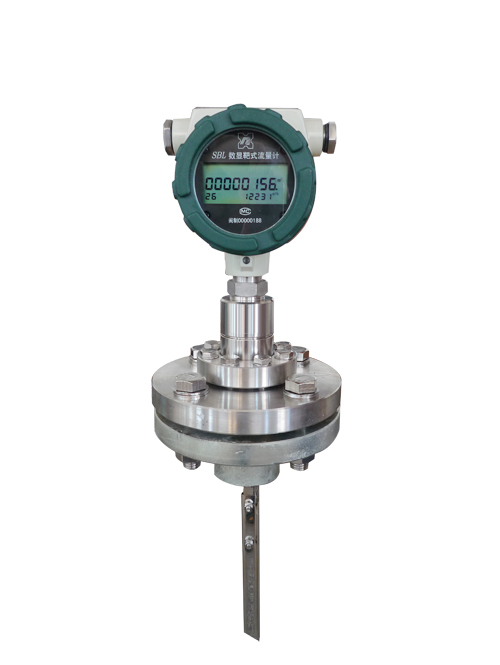
Challenges in Measuring RFO with Target Flow Meters
While target flow meters are well-suited for RFO measurement, they are not without challenges. One of the primary issues is the potential for fouling. RFO can contain impurities and particulate matter that may accumulate on the target over time, affecting the accuracy of the measurement. Regular cleaning and maintenance are required to ensure the target remains free from buildup.
Another challenge is the calibration of the flow meter. Given the varying properties of RFO, such as changes in viscosity and density with temperature, calibration must be carefully managed to ensure accurate readings. This often requires the use of sophisticated calibration procedures and equipment, which can add to the overall cost of the measurement system.
Additionally, the installation of target flow meters must be done carefully to avoid issues such as cavitation, which can occur if the pressure drop across the target is too high. Proper installation and regular monitoring are essential to maintaining the accuracy and reliability of the flow meter.
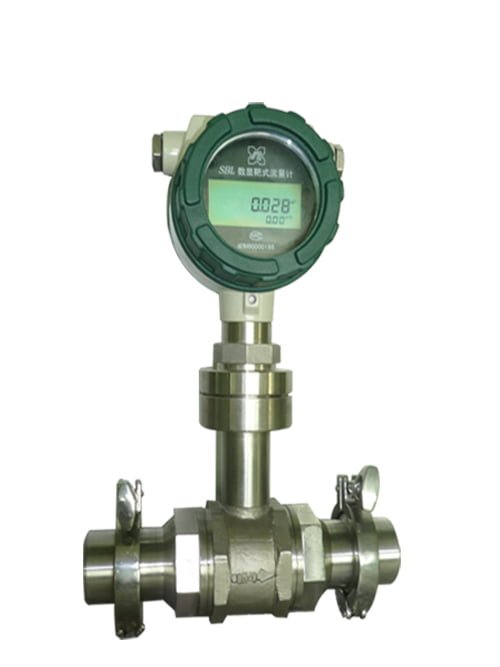
Case Study: Target Flow Meters in a Power Generation Plant
To illustrate the effectiveness of target flow meters in measuring RFO, consider a power generation plant that relies on RFO as its primary fuel source. The plant needed to accurately measure the flow of RFO to ensure efficient combustion and minimize fuel consumption.
After evaluating several flow measurement technologies, the plant chose target flow meters for their robustness, accuracy, and ability to handle the high viscosity of RFO. The meters were installed at various points in the fuel delivery system, including the main supply line and individual burners.
Over time, the plant observed several benefits from using target flow meters. The accuracy of the meters allowed for precise control of the fuel-air mixture, leading to improved combustion efficiency and reduced emissions. The meters also proved to be highly reliable, with minimal maintenance required even in the harsh operating environment.
The plant’s operators were able to use the data provided by the target flow meters to optimize the fuel delivery process, resulting in significant cost savings. The versatility of the meters also allowed the plant to switch between different grades of fuel oil without compromising measurement accuracy.
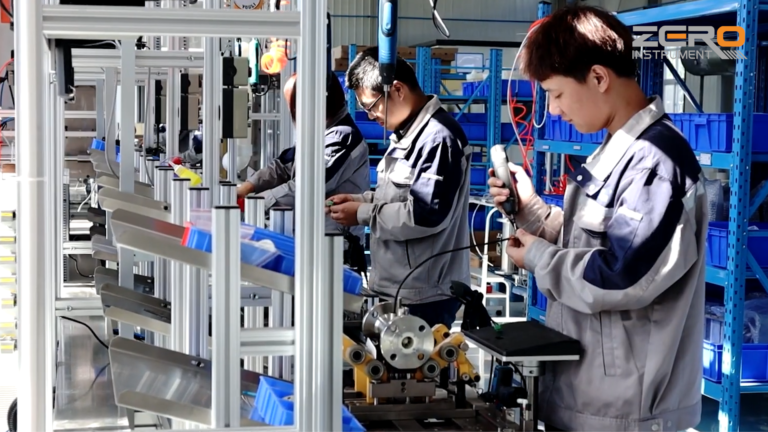
Conclusion
Target flow meters offer a reliable and effective solution for measuring the flow of Residual Fuel Oil in industrial applications. Their robustness, accuracy, and adaptability make them particularly well-suited for handling the challenges posed by RFO’s high viscosity and complex composition. While there are some challenges associated with their use, such as fouling and the need for careful calibration, the benefits of using target flow meters far outweigh these drawbacks.
As industries continue to rely on RFO as a cost-effective energy source, the need for accurate and reliable flow measurement will remain critical. Target flow meters, with their proven track record in handling difficult fluids, will continue to play a key role in ensuring the efficient and sustainable use of this important fuel.
